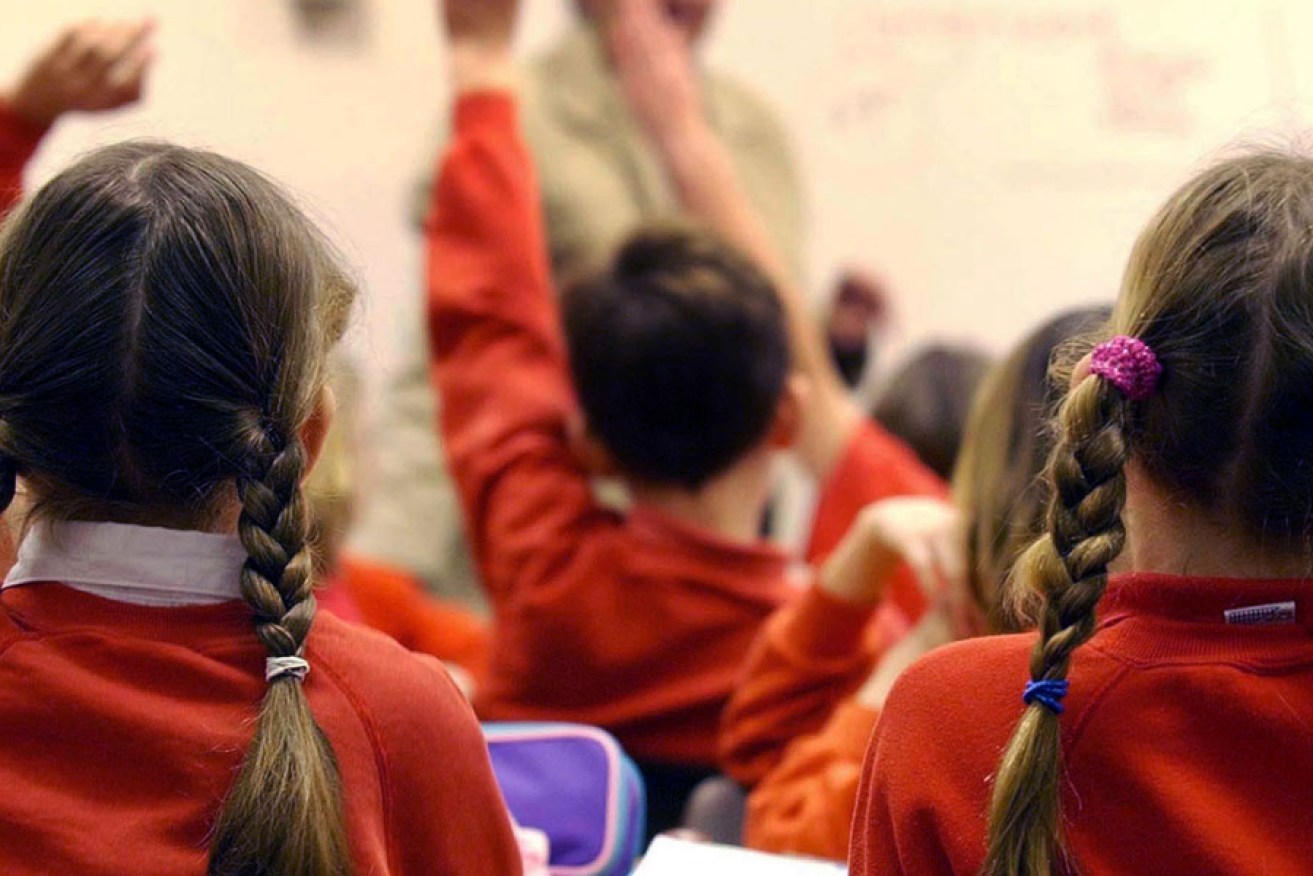
Business SA backs Canberra’s literacy and numeracy push

A new focus on literacy and numeracy has been welcomed.
The Federal Government’s push for a higher standard of teacher education has been backed by Business SA as an essential prerequisite for the development of the well-skilled workforce required for future economic growth and sustainable jobs growth.
Business SA chief executive Nigel McBride said the “digital world” has brought with it a substantial change in focus on literacy and numeracy with the current generation of so-called “digital natives” very comfortable communicating in 140 character tweets, jargon, emoticons and infographics.
“However, the essential foundation of language and communication that has served society for centuries remains as vital today as it ever was, and the key to maintaining these skills is the education of our children,” McBride said.
“As a result, it was very encouraging to see the Federal Government put a sharp focus on teacher quality in its response to the recent inquiry into teacher training.
Launching the Action Now: Classroom Ready Teachers report this month, Education and Training Minister Christopher Pyne said all universities would need to be re-accredited as teacher training institutions.
He said universities would only continue to train teachers if they could prove that their courses were “evidence-based”, that students received practical experience throughout their training, potentially as early as the first year of study, and that they are taught and mentored by academics who have had “recent experience in the classroom.”
Pyne said that, from next year, trainee teachers would have to pass a literacy and numeracy test before they can graduate and start teaching.
He added that the Government “is going to require that primary school teachers have a specialisation in a subject; a science subject, a mathematics subject, or a language before they are allowed to graduate”.
“If the universities do not fulfill those requirements that the Australian Institute of Teacher Standards and Leadership and the Tertiary Education Quality and Standards Agency will set out, then they will not be accredited to graduate students,” Pyne told reporters.
Pyne said that various reports over the past five years showed that “young graduates did not feel that they were ready for the classroom, they felt they were thrust into the classroom without adequate training about how to teach”.
Meanwhile, SA Minister for Education Susan Close is looking to develop new ways to measure the performance of South Australian schools. InDaily has reported that Close, appointed in early February, has asked her department to examine new ways to track the quality of schools, beyond the national NAPLAN tests.
Flagging a renewed focus on improving the quality of public school education, Close said that while NAPLAN was useful, it had its limits.
“What I want to see is a more diverse set of identifiable and quantifiable indicators for how schools are going, including NAPLAN,” she said.
McBride welcomed the education initiatives from both the state and federal governments saying that “whilst on-the-job training is great for specific, technical aspects of a role or for up-skilling an employee in a new area, businesses, especially SME’s, “simply do not have the resources to teach literacy and numeracy skills to its employees”.
“While not solely responsible, schools must better equip our children to successfully enter adult life. By placing a high priority on literacy and numeracy our children have the best chance of succeeding in life and at work,” McBride said.




